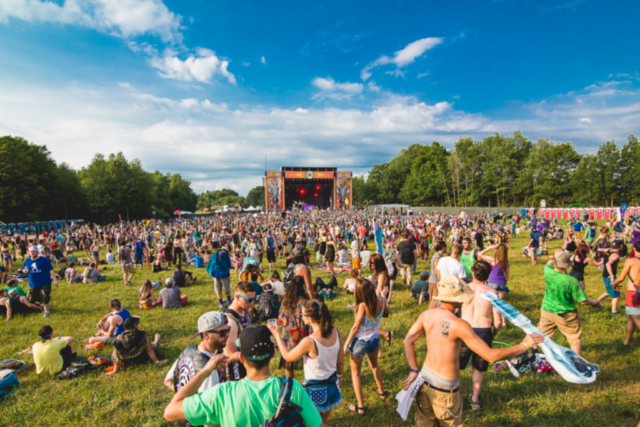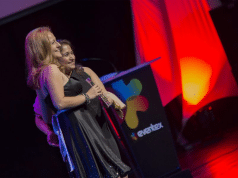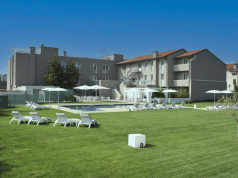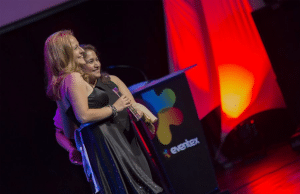Recommendations
Studies conducted at three football matches have demonstrated that, in the current Corona situation, larger outdoor events are possible under the following strict conditions:
• Rapid testing at a decentralised location, close to home
• Rapid testing within a maximum of 24 hours before the end of the event
• Use of an app or other type of access control of a negative Corona test
• Up to 50-75% occupancy of the capacity for outdoor locations, without the 1.5-metre rule.
Specifically for football stadiums:
o Capacity of Business Seats in the stadium at 50-75%, as well as regular grandstand sections. Indoor section (Business Club) at 20% occupancy
o Due to the natural separation, so-called skyboxes can be used at 50-75% of the occupancy (just like regular grandstands)
• Physical separation of groups of visitors, depending on the capacity and design of the location
• Masks (covering mouth and nose) are mandatory when walking around the location at 50% occupancy
• At 75% occupancy, a mask is also mandatory when seated
• Active communication of all practical, relevant information and continuous compliance with the measures.
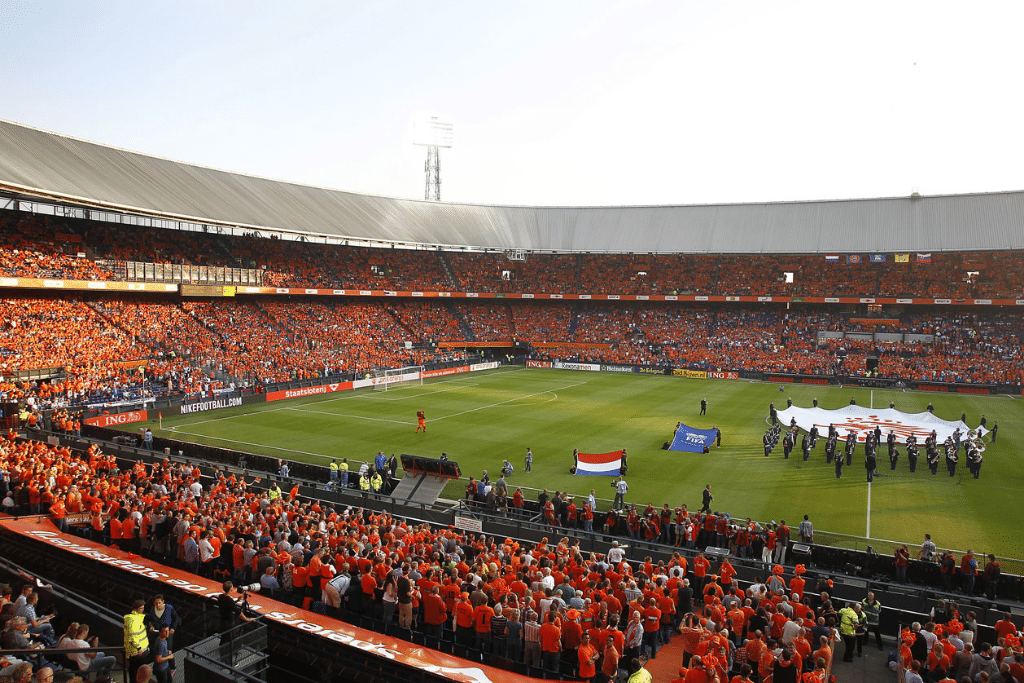
Research
These recommendations are the results of research carried out at the first practical tests of outdoor Fieldlab Events: the football matches of N.E.C. Nijmegen vs. De Graafschap, Almere City FC vs. Cambuur Leeuwarden (with 1,500 spectators) and the international Netherlands vs. Latvia (with 5,000 spectators). Research conducted at these matches looked at visitor dynamics when using different types of measures, such as whether to wear masks or not, freedom of movement or catering during the game, fixed seating or free seating, etc.
Fieldlab Events
Fieldlab Events’ aim is to thoroughly investigate the conditions under which events can be organised again during the Corona pandemic. During various test events, visitors are analysed under different types of (behavioural) measures. The main question here is: How do we reduce the residual risk that arises from events? For this purpose, a model has been developed to analyse risks. This model is based on factors related to contact between people (frequency, duration and distance). The initial focus was on the impact of the building blocks on the risk of being infected with Corona (per hour) and being admitted to hospital, compared to the situation of people at home. The core of the research team consists of members of the Fieldlab Events programme team, staff from Radboudumc, LCB/BUAS and TU Delft, with support from companies such as Bureau Franken, DCM, bureau Brandeis and researchers from TNO and UTwente and TU Eindhoven.
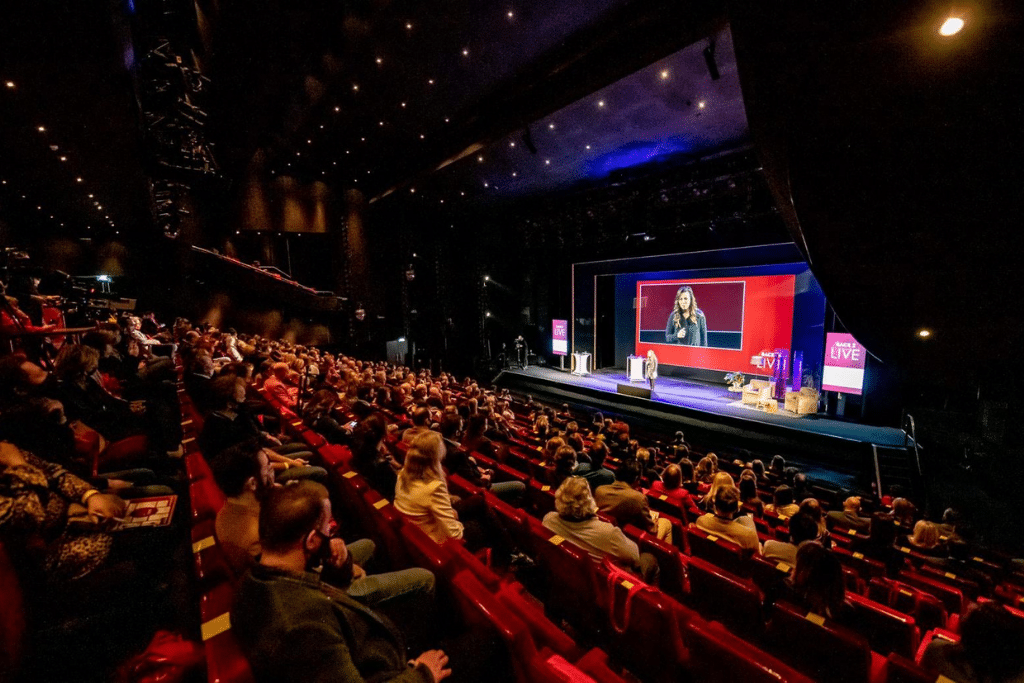
Fieldlab Events’ main objective is to organise safe and responsible events again in Corona time. It is a joint initiative from the events sector, united in the Event Platform and the Alliance of Events Builders and the Government. The programme is supported by the Dutch Ministries of Health, Welfare and Sport, of Education, Culture and Science, of Economic Affairs and Climate and of Justice and Security (VWS, OCW, EZK and J&Z).


